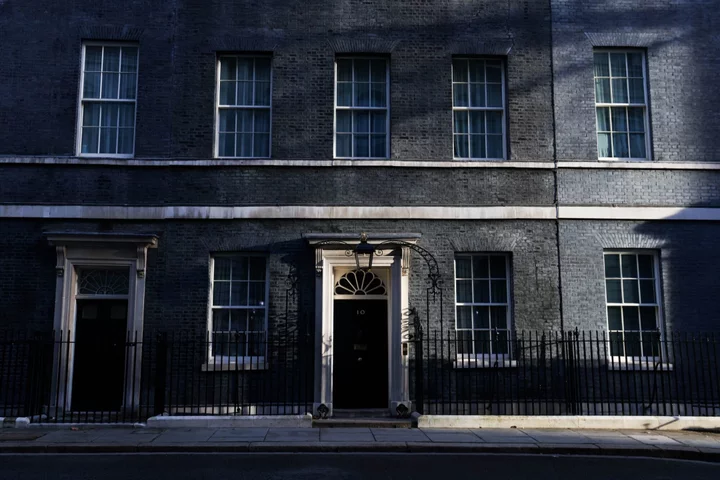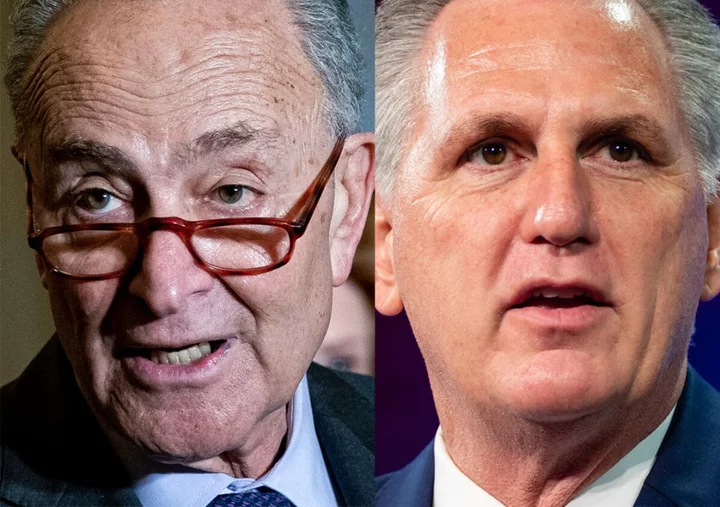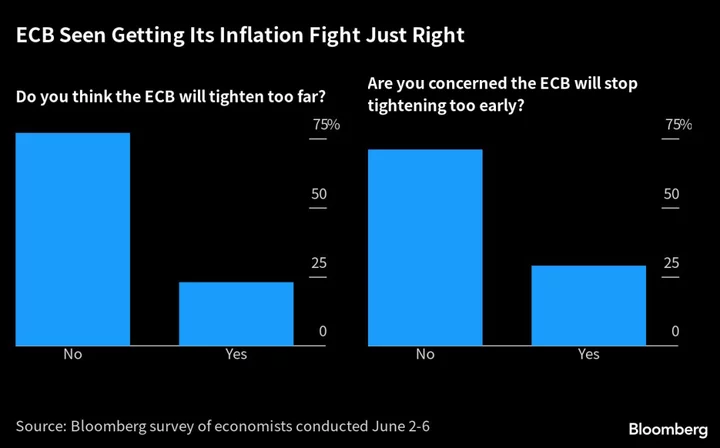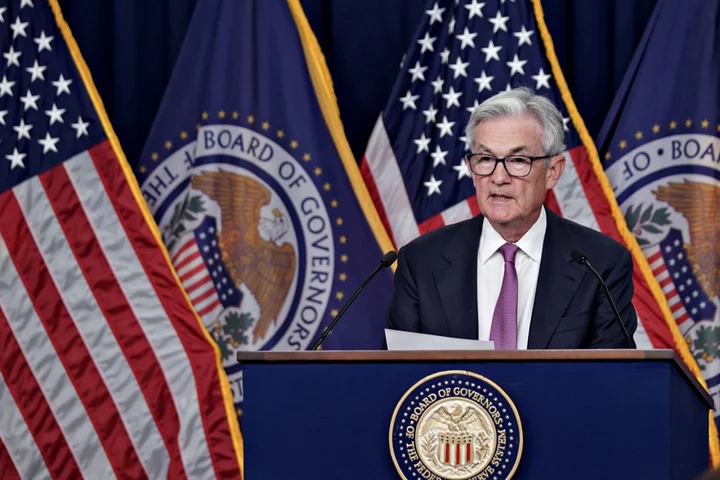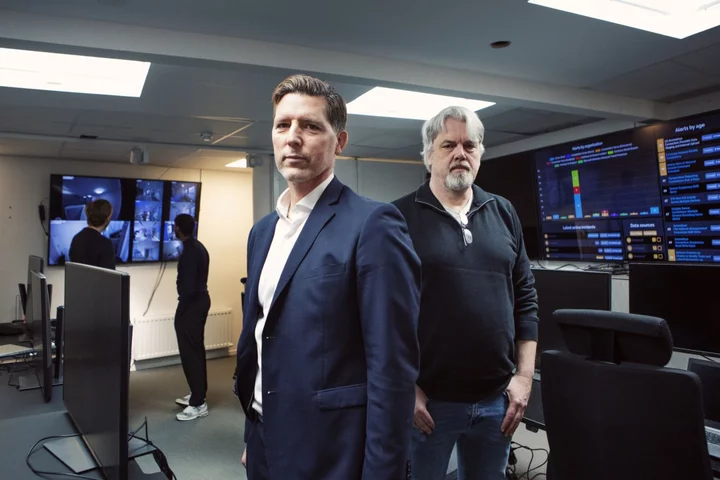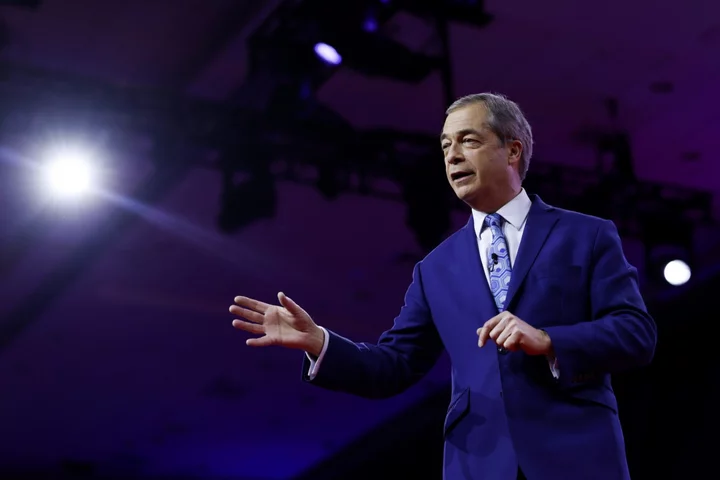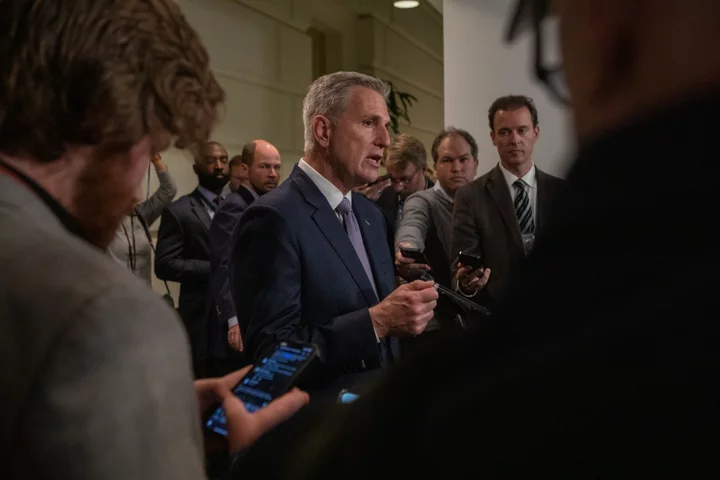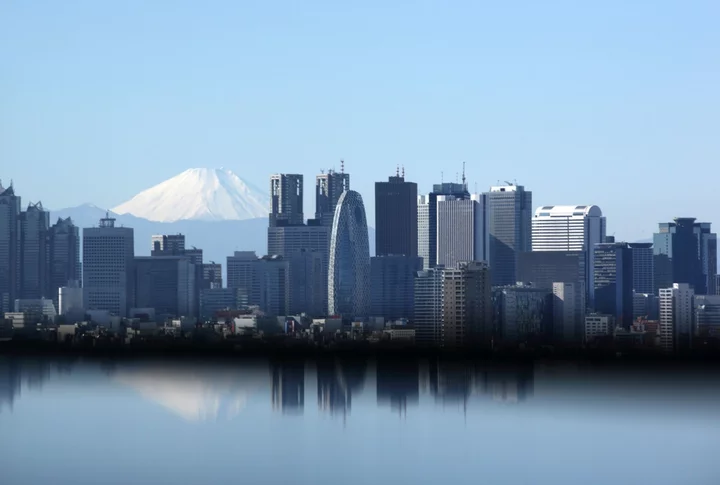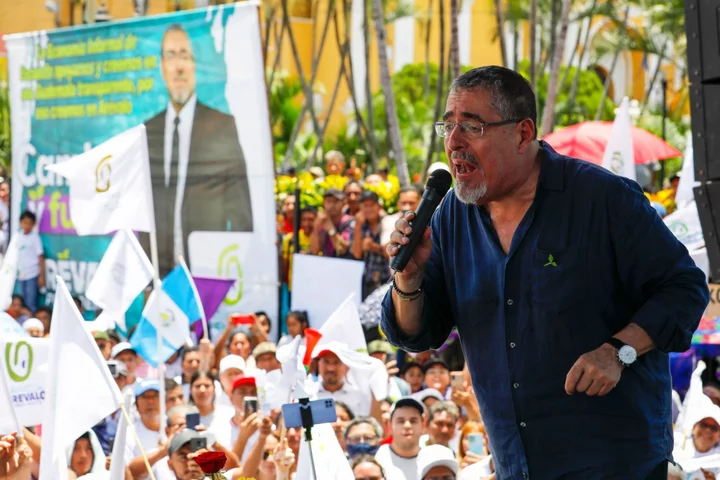Rishi Sunak’s administration refused a demand from the UK’s Covid-19 inquiry to hand over former Prime Minister Boris Johnson’s WhatsApp messages and pandemic diaries, setting up a legal battle that risks amplifying accusations of a cover-up.
The Cabinet Office on Thursday said it’s filing for a judicial review into the request for the unredacted documents by Heather Hallett, the retired judge appointed by the government itself to lead the inquiry. A spokesperson for the probe said in an email that a preliminary hearing is scheduled for Tuesday.
The approach will open Sunak up to further accusations that he is attempting to cover up sensitive information, given that the requested documents are also likely to include his own correspondence with Johnson, as he was Chancellor of the Exchequer at the time.
The government has refused for days to hand over the documents, arguing they are “unambiguously irrelevant” to the official probe into how ministers and officials handled the coronavirus outbreak. But opposition politicians, families of Covid victims, doctors and even some members of his governing Conservative Party have urged him to comply.
Read More: Sunak Battles to Keep Secrets of Britain’s Covid Crisis Private
But shortly before the disclosure deadline on Thursday, Sunak told reporters he was “confident” in the government position. The Cabinet Office said in its submission that in any case, the WhatsApp messages provided by Johnson only cover the period after May 2021. The first lockdown began in March 2020.
The Tories’ preferred line about the pandemic is to focus on the roll-out of vaccines that ended lockdowns and allowed the economy to re-open. But that ignores more controversial aspects, including testing shortages, allegations of corruption and the deaths of thousands of older Britons in care homes despite government assurances that measures were in place to protect them.
Both Johnson and Sunak were fined for breaking rules imposed to slow the spread of Covid-19, while the former was also widely criticized for missing early emergency meetings about how the UK should respond to the crisis.
Meanwhile Sunak’s signature “Eat Out to Help Out” program to encourage people back into restaurants in the summer of 2020 triggered a backlash from health experts, who said it helped to spread coronavirus.
Bloomberg reported this week that the government’s top lawyer, James Eadie, had advised it not to share information with the inquiry by default, and to block the release of “politically sensitive” material about the pandemic.
The Cabinet Office argues that it has provided upwards of 55,000 documents, 24 personal witness statements and eight corporate statements to the inquiry, and that Hallett does not have the power to request the information she had demanded.
Hallett, though, says that everything should be disclosed and it is up to her to decide what is relevant to her work.
--With assistance from Alex Wickham.
(Updates with hearing date in second paragraph, details on Johnson WhatsApps in fifth.)

